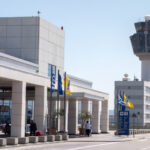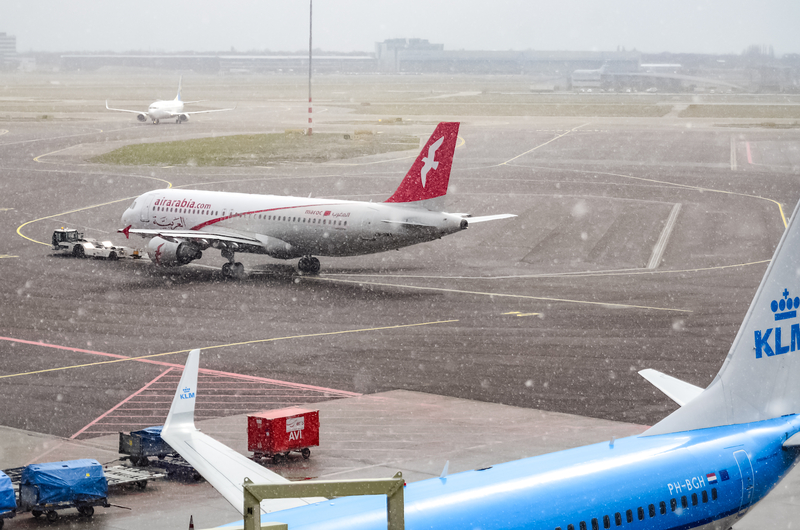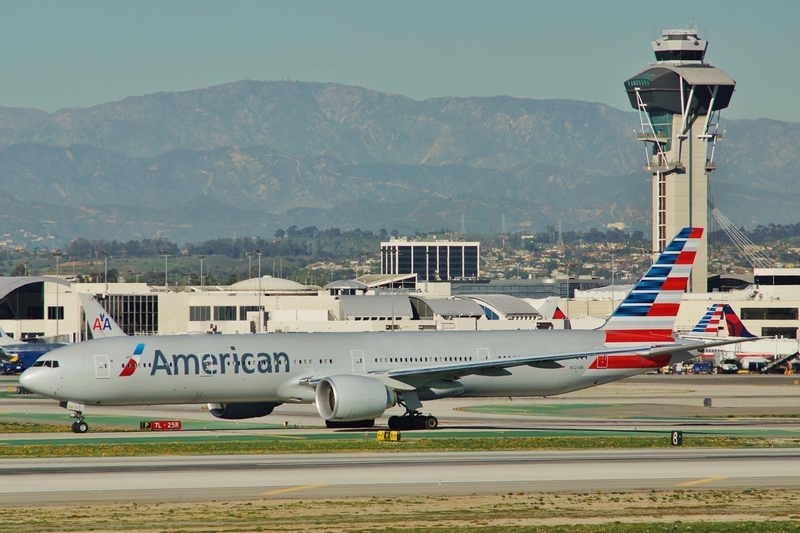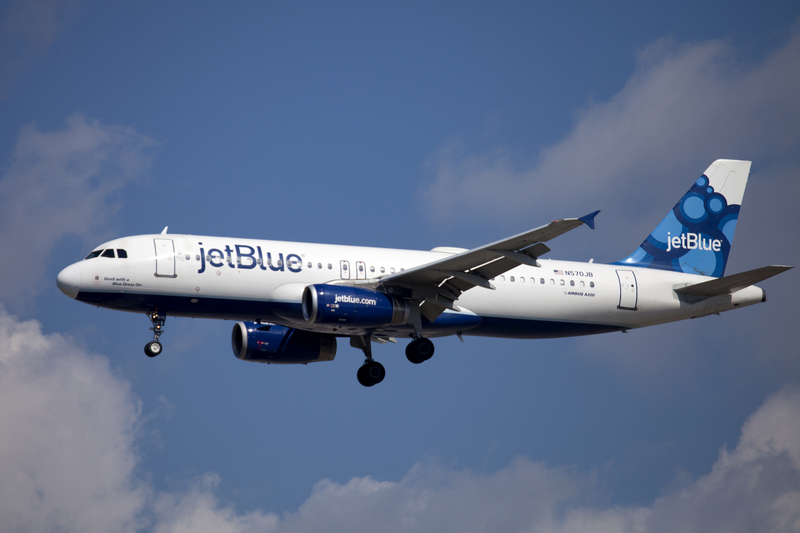European Union Moves Toward Weaker Flight Delay Compensation in EC261 Overhaul
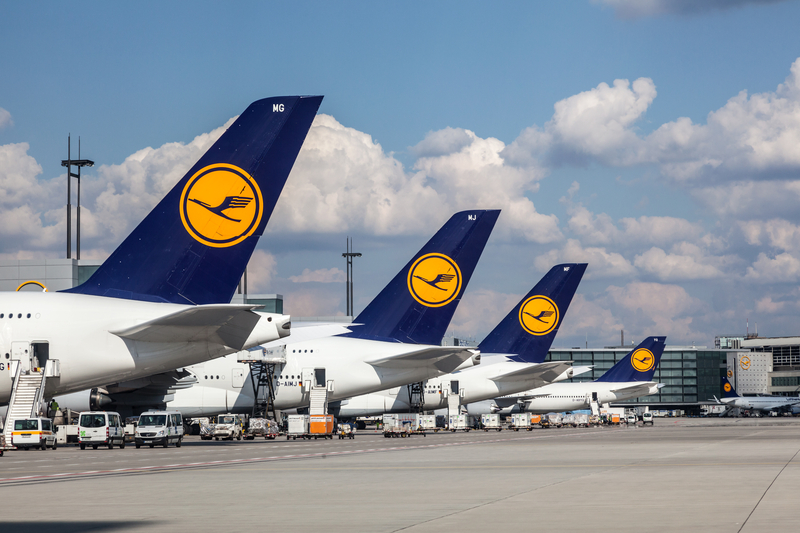
ID 59524792 | Lufthansa © Typhoonski | Dreamstime.com
Major reforms to the European Union’s flagship passenger rights regulation, EC261, are gaining traction. Proposed changes would weaken the consumer-friendly policy that has been in place for over a decade, with longer delay thresholds and reduced payouts now on the table.
The End of a Consumer-Friendly Era?
The European Union’s EC261 regulation — formally known as Regulation (EC) No 261/2004 — has long been regarded as the gold standard for airline consumer protection. Since its implementation, it has offered passengers up to €600 in compensation for long delays or cancellations attributable to the airline.
However, after years of lobbying by industry stakeholders and shifting political winds, the EU appears ready to scale back the policy. According to multiple sources close to the discussions, transport ministers from various EU member states met recently in Luxembourg, expressing majority support for a new framework that would dilute existing protections.
What Could Change Under EC261 Reform
Under current EC261 provisions, cash compensation is due in the following cases:
-
€250 for flights under 1,500 km delayed by 2+ hours
-
€400 for flights between 1,500 and 3,500 km delayed by 3+ hours
-
€600 for flights over 3,500 km delayed by 4+ hours
The proposed reforms would overhaul these thresholds:
-
€300 for flights up to 3,500 km delayed by 4+ hours
-
€500 for flights over 3,500 km delayed by 6+ hours
If adopted, this would represent a significant weakening of the current policy. In some cases, passengers would need to endure delays twice as long to receive compensation — and when they do, the payout could be up to 17% lower than under current rules.
Contested Proposals on Missed Connections
One of the most common ways passengers currently trigger EC261 compensation is via missed connections, especially when flying through tightly scheduled hubs like Amsterdam, Frankfurt, or Helsinki.
However, under new proposals, passengers would not be eligible for compensation unless the initial leg of their trip is delayed by at least 90 minutes — even if they ultimately arrive at their final destination hours late. This could eliminate a major trigger point for payouts and shift more risk to passengers who book complex itineraries with tight connections.
Germany’s Counter Proposal: Lower Flat Rate Compensation
While some EU member states are pushing to extend delay thresholds and reduce payouts, others are suggesting an alternate approach. Germany, for instance, has floated a plan for a flat €300 compensation, regardless of distance or delay length. While simpler administratively, this approach would effectively halve payouts for long-haul delays, representing a significant rollback in consumer rights.
It’s worth noting that these proposals are not yet finalized. The European Parliament, which tends to be more pro-consumer, must also approve any reforms — and resistance is likely if current proposals are perceived as excessively airline-friendly.

ID 56088932 © MrFly | Dreamstime.com
The Broader Impact on Airlines and Passengers
While airlines have long argued that EC261 is overly punitive, consumer advocates warn that scaling it back could reduce accountability and encourage sloppier operational standards.
Low-cost carriers like Ryanair and easyJet, which are frequently subject to EC261 claims, have still managed to offer ultra-low fares and remain profitable under the current regime — undermining the notion that generous passenger rights are unsustainable.
“Will reducing payouts really lead to lower fares? Probably not,” one European analyst commented. “But it will certainly reduce the pressure on airlines to maintain tight operations.”
From a legal standpoint, weakening EC261 could also open the door for increased court litigation if consumers feel wronged and have fewer automatic remedies.
Bottom Line
After more than a decade of offering some of the strongest passenger protections globally, the European Union is preparing to scale back EC261 flight delay compensation rules. Proposals backed by a majority of EU transport ministers would raise the delay threshold for compensation and cut payouts — with some proposals potentially gutting the regulation’s original intent.
The outcome remains uncertain as the European Parliament debates the final framework. But for now, passengers traveling within or from Europe should brace for changes — and possibly fewer euros in their pockets the next time a flight goes off schedule.

